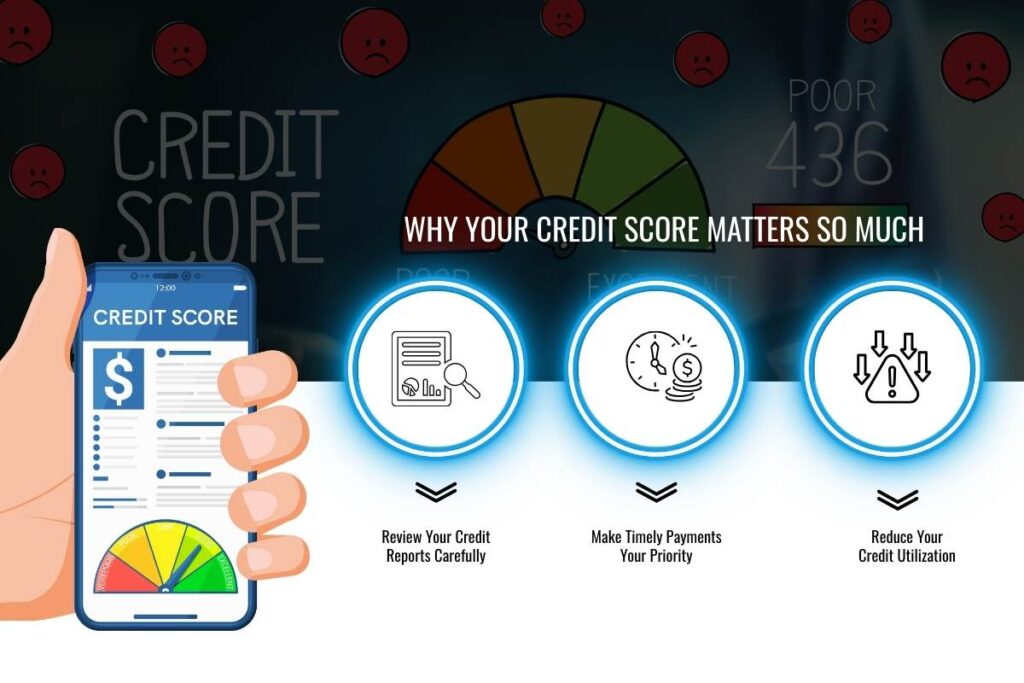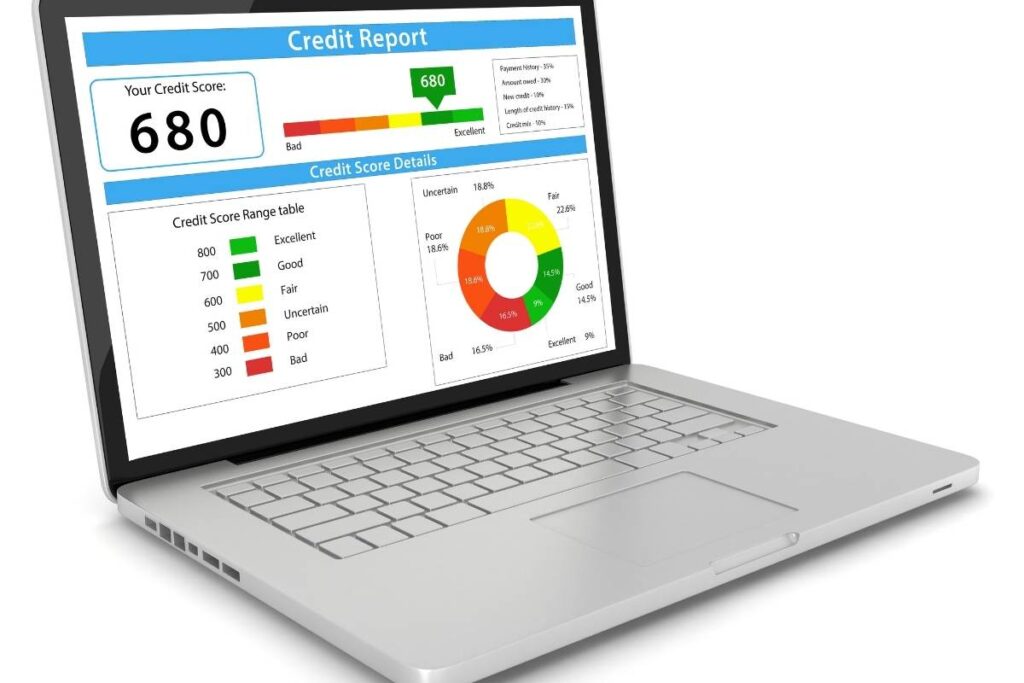How to Improve Your Credit Score?: 10 Practical Steps That Actually Work
How to Improve Your Credit Score?: 10 Practical Steps That Actually Work
Blog Article
How to Improve Your Credit Score?: 10 Practical Steps That Actually Work

- Source: View more by cnythzl from Getty Images Signature
If you’ve ever watched The Big Short, you know just how much chaos financial mismanagement can create on Wall Street and in everyday lives. In the movie, a few sharp investors saw cracks in the system that most people missed, leading to one of the biggest economic crashes in history. What are those? Poor credit practices, risky lending, and misunderstood financial health.
While you may not be dealing with billions of dollars, your credit score holds serious power over your financial opportunities. Whether getting approved for a home loan, securing a new job, or obtaining a low-interest credit card, your score can open doors — or close them. So, how can you improve your credit score if it’s not where you want it to be? This article will provide simple, practical steps that anyone can follow.
Why Your Credit Score Matters So Much?

Knowing how to improve your credit score gives you the tools to turn things around, no matter where you’re starting from.
Top 10 Practical steps that How to Improve Your Credit Score?
1. Review Your Credit Reports Carefully

2. Make Timely Payments Your Priority
Payment history is a major driver of your credit score. Even one missed payment can have a lasting negative impact. If staying on top of bills has been a struggle, setting up automatic payments or calendar reminders can make a big difference.
Setting up automatic payments or simple calendar reminders ensures you never miss a due date. If you’re asking how to improve your credit score, there’s no better first move than paying every bill on time.
Even if you can only afford the minimum payment, consistency matters more than you might think.
3. Reduce Your Credit Utilization
Your credit utilization rate is the amount of credit you use compared to your total available credit. Keeping this rate low shows lenders that you manage your debt responsibly. Ideally, you should use less than 30% of your available credit at any time. Lenders assume you’re in financial trouble if you’re maxing out your cards. Paying down your balances, especially on high-interest cards, can help you figure out how to improve your credit score relatively quickly.
Simple Formula: Current balance ÷ Credit limit × 100 = Utilization rate
Keep that number as low as possible to boost your score efficiently.
4. Handle Past-Due Accounts Immediately
If you have overdue accounts, bring them up ASAP. Old, unpaid accounts hurt your credit score more than you might think. If you have overdue accounts, contacting the lender and bringing them current can significantly reduce the damage.
Another strategy is to negotiate a payment plan or even a pay-for-delete arrangement where the creditor agrees to remove the delinquency from your record after payment. Handling past dues swiftly is essential when working out how to improve your credit score.
5. Avoid Applying for Too Much New Credit

6. Increase Your Credit Limits Strategically
Another lesser-known trick is asking your credit card issuer for a limit increase. If your credit limit rises but your spending remains the same, your utilization rate improves automatically, boosting your score.
However, confirming that requesting a limit increase won’t result in a hard inquiry is essential. This is a fast and easy way to improve your credit score when done correctly.
7. Keep Old Accounts Open
The age of your credit history makes up a significant part of your overall score. Closing old accounts, even if they’re rarely used, can shorten your credit history and increase your utilization rate, hurting your score.
Instead, keep older accounts open and active. Even occasionally, using an old credit card for small purchases can help you maintain a more extended, healthier credit history — a simple yet important trick for improving your credit score.
8. Diversify Your Credit Types
A good mix of credit types — credit cards, personal loans, and auto loans — shows you can responsibly handle different kinds of debt. If you only have one type of credit, consider adding a different type carefully.
Of course, taking on new debt to mix things up isn’t wise. But if you’re in the market for a small personal loan or a secured credit card, it could be a helpful step when you’re thinking about improving your credit score.
9. Become an Authorized User

10. Monitor Your Progress and Stay Patient
Finally, improving your credit score isn’t always an overnight process. Regularly monitor your credit reports and scores through reliable services. Look for positive trends and celebrate small wins along the way.
Even if you follow all the proper steps, building a strong financial reputation takes a little time. But by staying committed, you’ll not only master how to improve your credit score, but you’ll set yourself up for lasting financial health.
Conclusion
Improving your credit score isn’t about tricks or shortcuts but smart habits, attention to detail, and staying disciplined. Whether you’re fixing past mistakes, lowering balances, or just being more strategic with credit, every action counts.
By improving your credit score with these straightforward steps, you’re taking control of your financial future, and just like in The Big Short, spotting cracks early and fixing them can save you a world of trouble down the line.